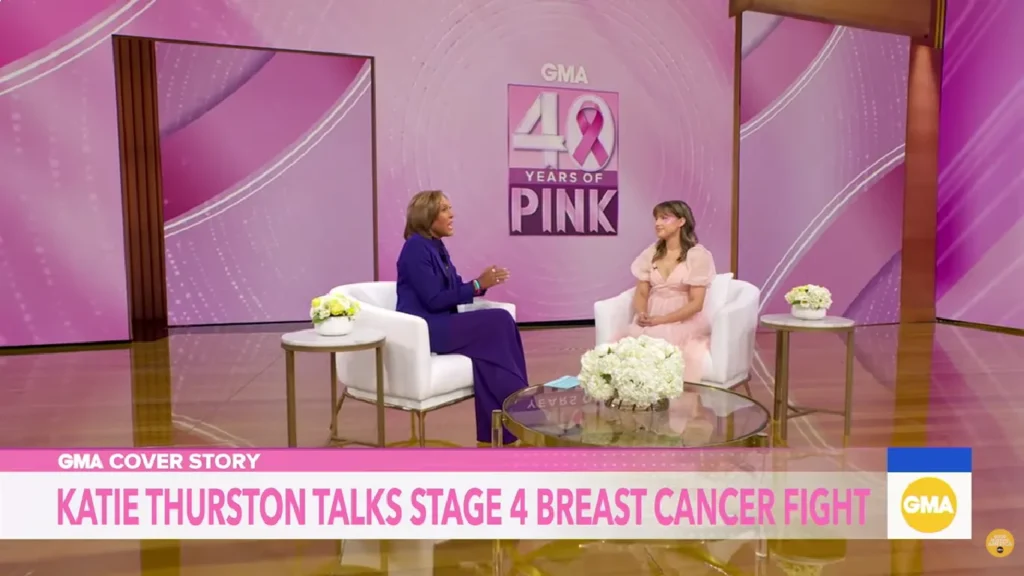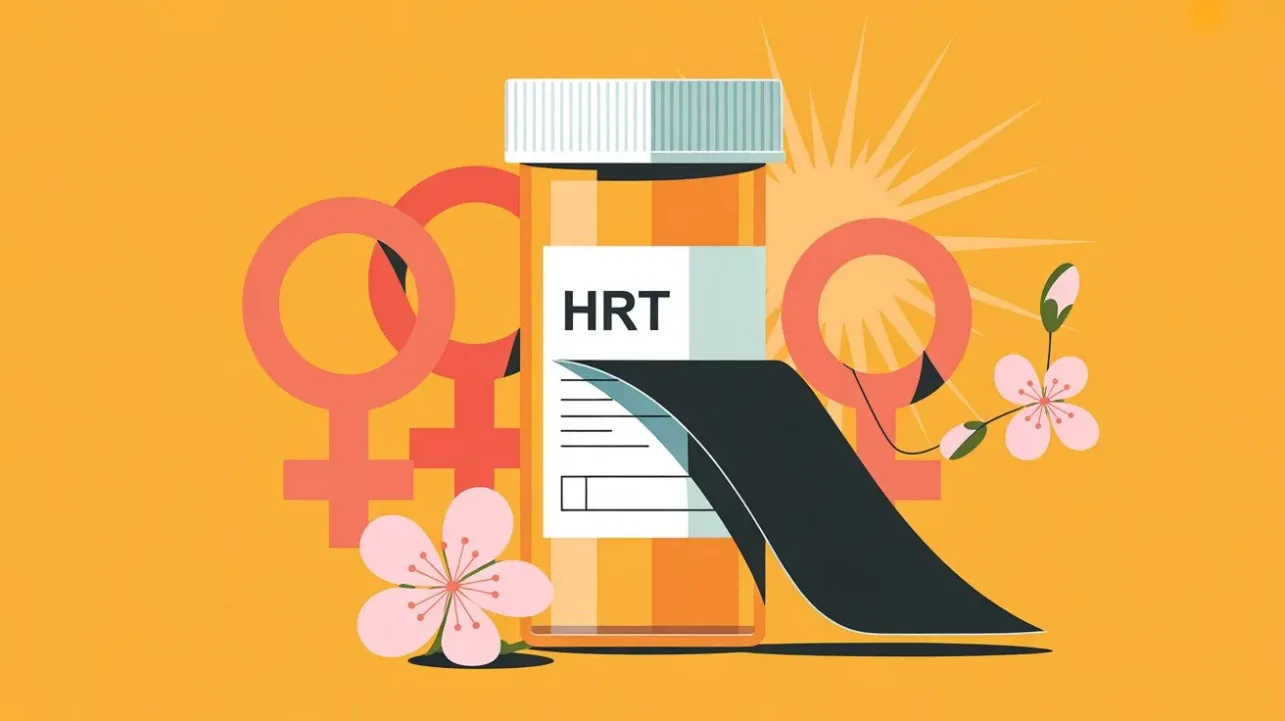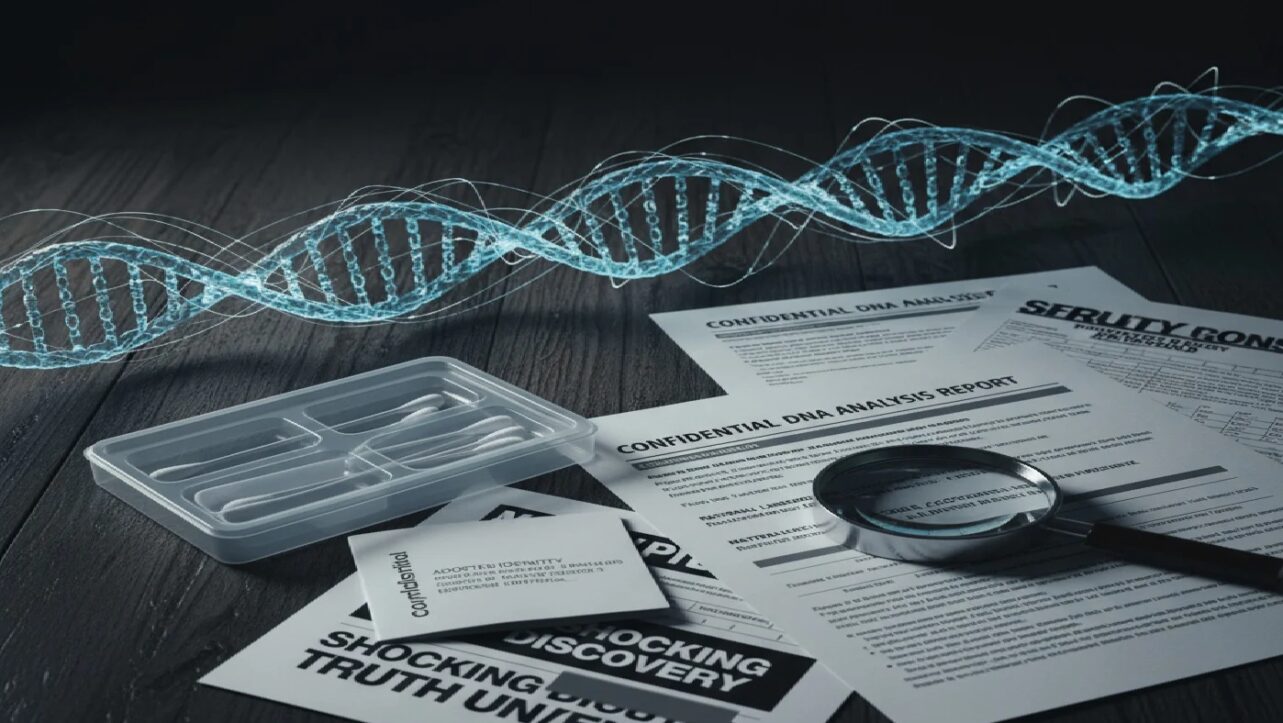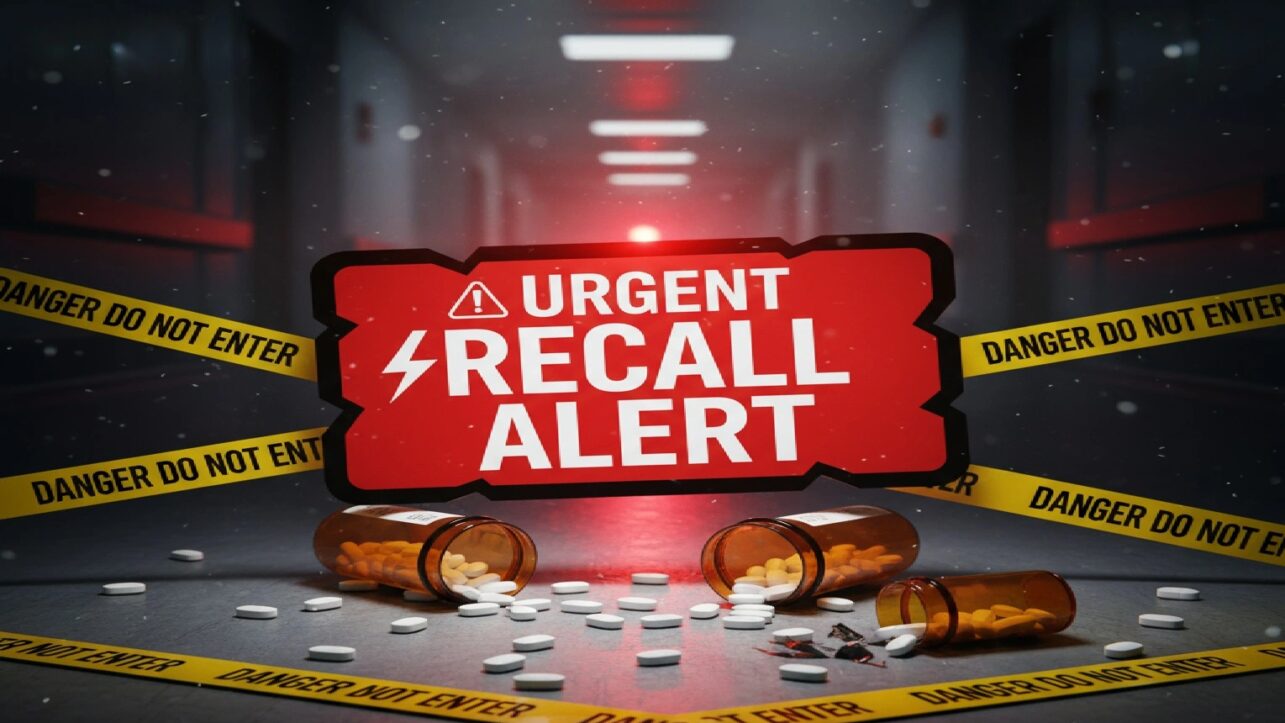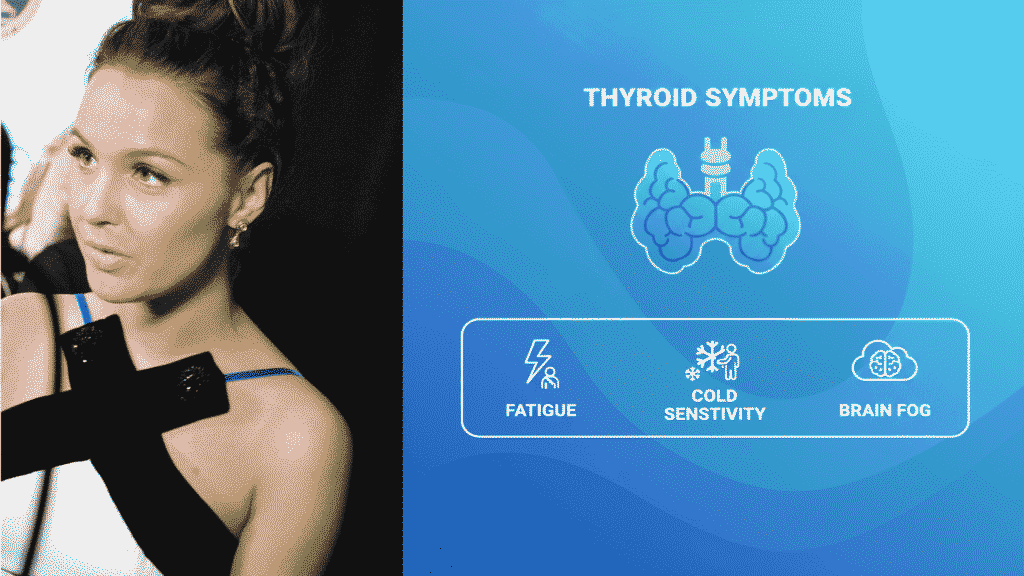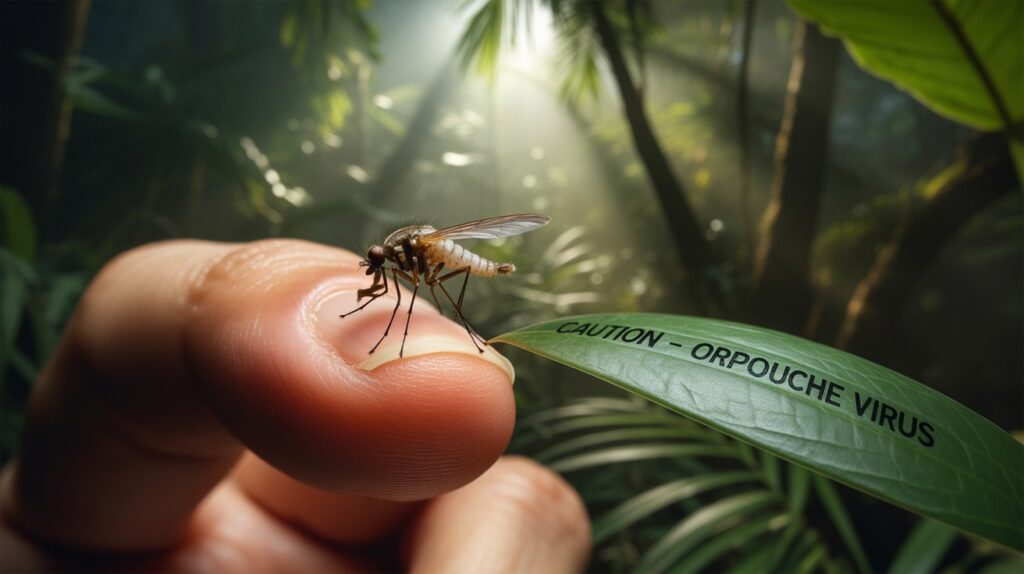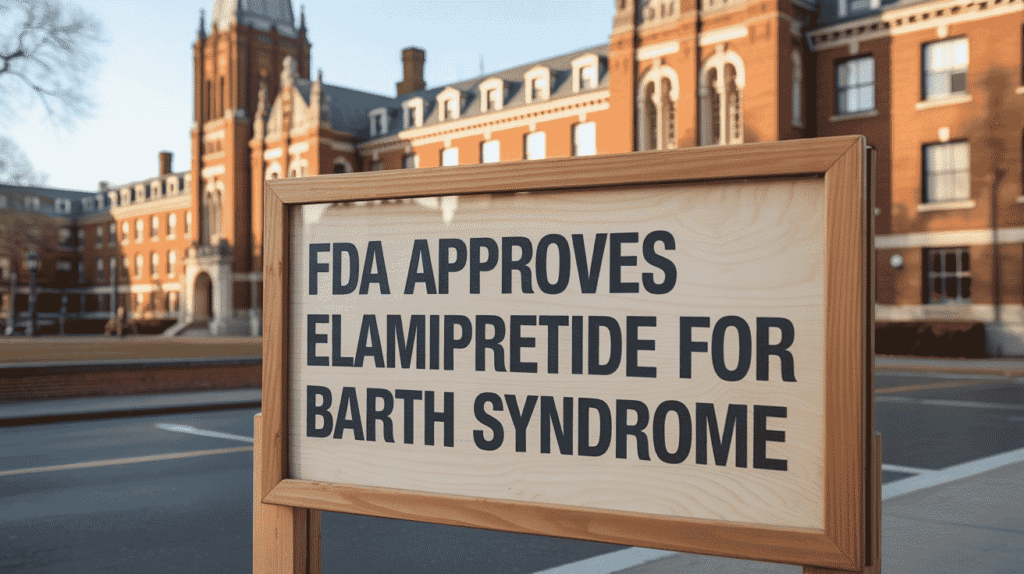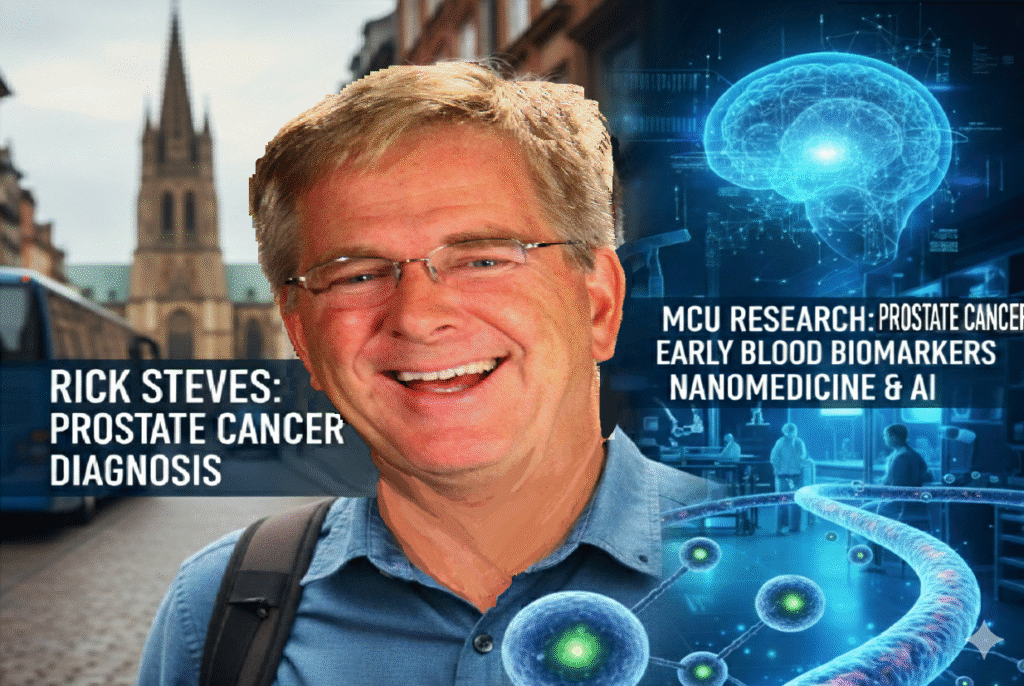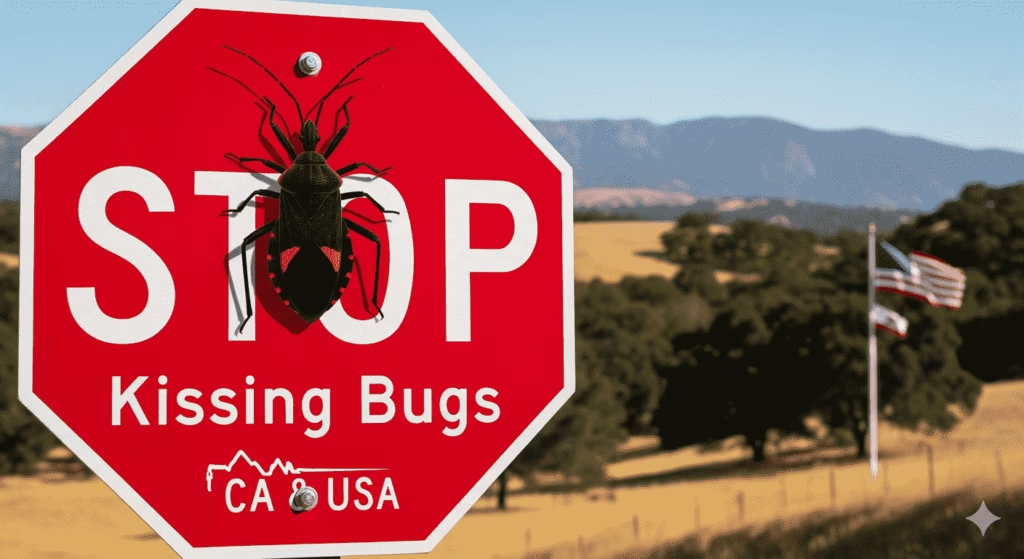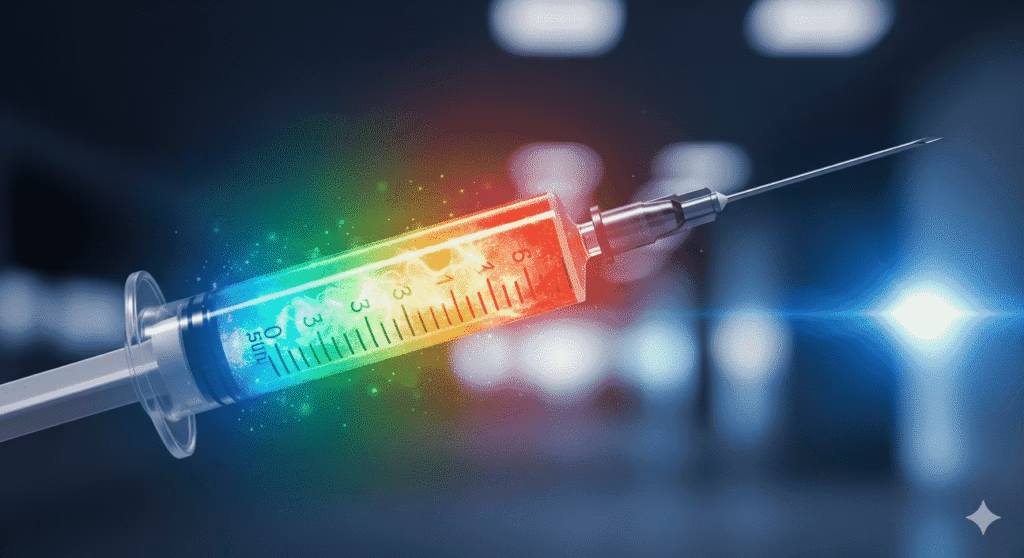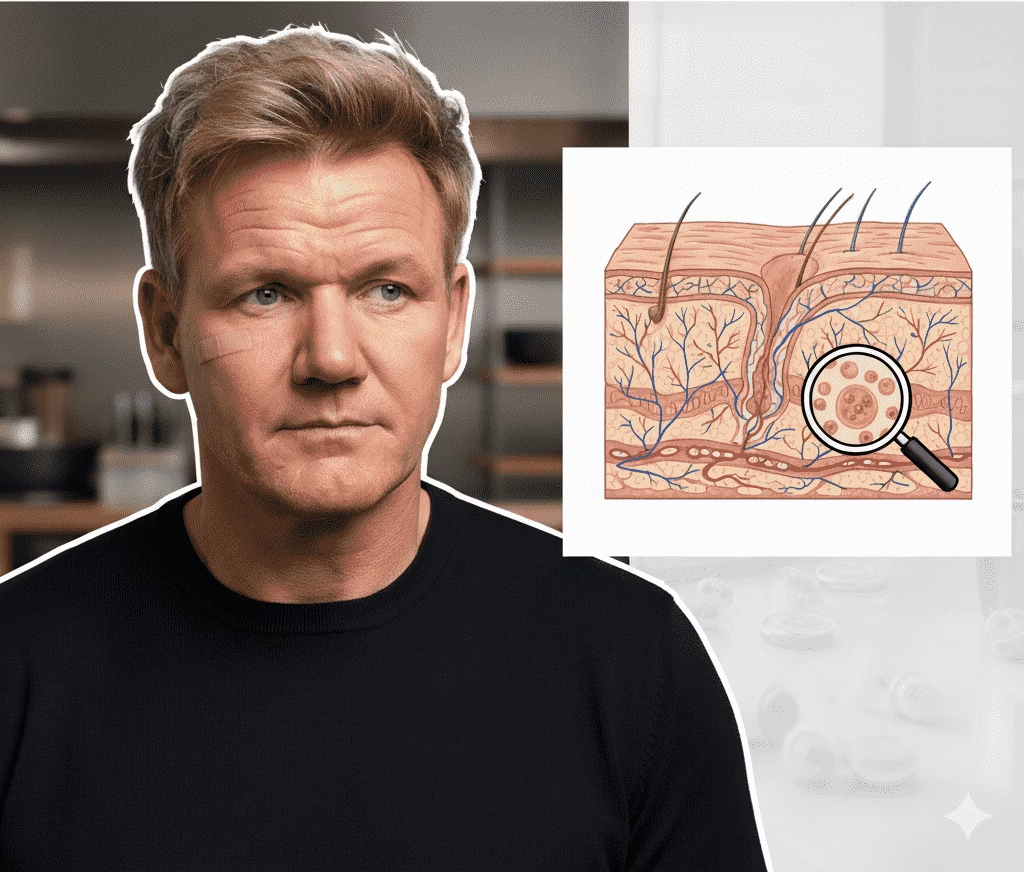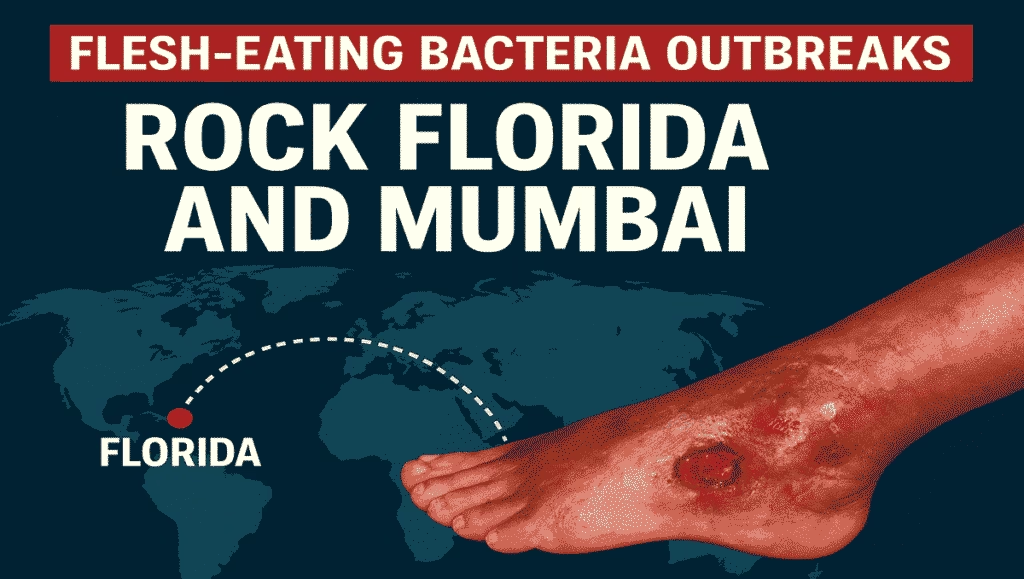The 34-year-old reality star reveals positive scan results while urging women under 40 to get checked: “Breast cancer really can happen before you’re 40”
Former Bachelorette star Katie Thurston delivered a message of hope during her October 16 appearance on Good Morning America, revealing that her stage 4 metastatic breast cancer treatment is working—her tumors are shrinking six months after diagnosis.
“We actually just did my six-month scan earlier this week, and the medicine is still working. The tumor is still shrinking,” Thurston told GMA co-anchor Robin Roberts during the emotional interview. “And when you’re Stage 4, that’s really all you can hope for.”
The Diagnosis Journey: From Dismissal to Stage 4
Thurston’s cancer journey began when she noticed a small lump on her breast at age 33—a symptom she initially dismissed. By the time she sought medical attention in early 2025, she was already 34 years old.
“I was diagnosed nearly five months ago with breast cancer. But to be honest, I discovered the lump about 12 months ago,” Thurston revealed in a July Instagram post. “I was 33, no family history. Why would I ever have cancer? But it was.”
In February 2025, just one month after her 34th birthday, Thurston received her initial diagnosis. “You’re so devastated. It’s so shocking,” she told ABC News’ Eva Pilgrim in March. “As a 34-year-old woman, it’s just, you’re not prepared“.
Initially diagnosed with stage 3 triple-positive ductal carcinoma, Thurston’s situation became more complicated when she transferred her care to a new hospital. Just 24 hours before her scheduled chemotherapy was set to begin in April, retesting revealed the cancer was actually HER2-negative—not HER2-positive as originally diagnosed.
More devastating news followed: the breast cancer had metastasized to her liver, escalating her diagnosis to stage 4.
Treatment Plan Change: No Chemotherapy, Hormone Therapy Instead
The reclassification from HER2-positive to HER2-negative breast cancer completely changed Thurston’s treatment plan.
“Chemo is a very heavy thing, and I think everyone can agree if they can bypass it, that’s going to be their preference,” Thurston told Health.com in April. “I felt hopeful. In a weird way, I felt religious.”
Instead of chemotherapy, Thurston began a targeted hormone-blocking therapy regimen consisting of three medications:
- Letrozole (oral medication to block estrogen)
- Kisqali (oral medication to inhibit cancer cell growth)
- Zoladex (monthly injection to suppress ovaries)
“This is a custom plan based on having HER2-negative, Luminal B, hormone-positive breast cancer,” she explained on Instagram. “Letrozole will block estrogen, Kisqali will inhibit cancer cell growth, and Zoladex will suppress my ovaries.”
September Treatment Adjustment: Medication Reduced, Liver Clear
In a September 20, 2025 Instagram video, Thurston shared a crucial treatment update following her monthly lab work. “What many people don’t understand about stage IV is that I will require medication for the rest of my life. It’s somewhat akin to a maintenance regimen, which is beneficial but can also be daunting,” she explained.
Recent lab results had raised concerns when they showed elevated liver enzymes. In response, her oncology team made a strategic decision to reduce her daily medication from three pills to two pills. “This adjustment has positively influenced my liver enzymes, allowing me to continue my treatment without interruption,” Thurston elaborated.
The video also delivered extraordinary news: the cancer that had metastasized to her liver—the very reason her diagnosis escalated to stage 4—had “vanished on its own” and no longer appeared on scans. “The spread that went to my liver just disappeared on its own. It does not show up on a scan anymore,” she revealed.
This remarkable development fueled Thurston’s most hopeful outlook yet. “If I’m being so honest and maybe a little delusional, but I don’t know, I predict, I hope, I pray that I will have no evidence of disease,” she stated.
At the time, Thurston confirmed her double mastectomy was scheduled for November, calling it “a whole new chapter” about which she still felt uncertain. “Things are progressing positively, and we are making adjustments as needed,” she added.
Just days later, on September 26-27, Thurston had to address a different kind of crisis: fake death rumors circulating online. In a tearful Instagram Stories video, she called the experience “triggering” and expressed anger at the false reports
The Six-Month Milestone: Positive Scan Results
In her July 7 Instagram post, Thurston shared her first treatment milestone: “Today they confirmed the tumors are SHRINKING!! This is incredible news and I feel so relieved!“
Now, six months into treatment, her October 15 scan brought even more encouraging results.
On Instagram October 16, Thurston posted: “The update someone with stage IV breast cancer hopes to hear. The medicine is still working. The tumor is still shrinking. This is great news and yet a reminder that I will be on medication for the rest of my life“.
“I Refuse to View This as a Terminal Illness”
Despite the stage 4 diagnosis, Thurston maintains a resolute mindset about her prognosis.
“I really trust medicine,” she told Roberts during the GMA appearance. “I refuse to view this as a terminal illness or a death sentence.“
This perspective aligns with evolving medical understanding of metastatic breast cancer. “Stage 4 isn’t the end, as people view it to be,” Thurston told Health.com in April. “Stage 4 is very much treated now as more like a chronic illness—something we just maintain forever, as opposed to a timer on our life.”
Urgent Message: Breast Cancer Happens Before 40
Thurston used her GMA platform to deliver a critical public health message: young women cannot afford to dismiss breast cancer symptoms.
“Breast cancer really can happen before you’re 40,” Thurston emphasized during the interview. “It is common for women to think that cancer is reserved for later in life,” she added. “That is just simply not the case, and I’ve met so many women under 40 who have been diagnosed.“
Her advocacy comes at a crucial time. The U.S. Preventive Services Task Force recommends women begin screening with mammograms every other year starting at age 40—meaning Thurston’s cancer developed during the years when routine screening isn’t typically recommended.
“I think the biggest thing is be so familiar with your breasts, and bring it to your doctor if something feels off or looks off,” Thurston advised. “Age is nothing but a number at this point.“
The Life That Was Put on Hold
Thurston’s diagnosis came just as she and fiancé Jeff Acuri were planning their future together.
“We thought we’d be planning a wedding. We thought we’d be trying for a baby,” she told Eva Pilgrim in March. “And instead, we know that this year is really dedicated to just treatment and getting better.”
In March, before learning her cancer was HER2-negative, Thurston participated in the I-SPY clinical trial and was making plans to freeze her eggs for future IVF. “Am I crying too much? Hyperventilating too often? Not brave? I’m here for as long as they allow it,” she commented during that phase of her journey.
When her treatment plan changed from chemotherapy to hormone therapy in April, those fertility preservation plans had to be reconsidered.
What Comes Next
While Thurston celebrates her positive six-month scan, she acknowledges the reality of living with metastatic breast cancer.
“People don’t realize that, as it stands, I will be on this medication plan forever. There isn’t a cure for stage 4 metastatic breast cancer,” she wrote in July. “However, as long as funding for medical research continues, particularly for metavivors, we have a chance at maintaining a long, healthy life.“
Eventually, Thurston will likely undergo a double mastectomy to remove both breasts, but timing depends on how well the medication continues to control tumor growth.
The Advocacy Mission
Thurston has transformed her diagnosis into a platform for advocacy, particularly focusing on raising awareness about breast cancer in young women and funding research for metastatic cancer.
Notably, her six-month scan fell on Metastatic Breast Cancer Awareness Day, a coincidence Thurston viewed as meaningful. “I can only hope this is a sign from the universe,” she posted.
By sharing her story publicly—from the initial lump she dismissed, to the shocking diagnosis, to the treatment changes, to the positive scan results—Thurston is giving a face and voice to the thousands of young women diagnosed with breast cancer each year who fall outside traditional screening guidelines.
Robin Roberts’ Personal Connection
The GMA interview carried particular emotional weight given host Robin Roberts’ own breast cancer history. Roberts was diagnosed in 2007 at age 46 and more recently supported her wife Amber Laign through breast cancer treatment in 2023.
Roberts’ visible joy at Thurston’s positive update underscored the power of survivor communities and the hope that comes with effective treatment responses.
Advocacy and Hope
Thurston has transformed her diagnosis into a mission of awareness, particularly for women under 40. At The Pink Agenda’s 18th annual gala in October, she reflected on how cancer has changed her perspective: “I’ve come to understand that you never know what someone else is enduring,” she told E! News.
Her message remains urgent: “Breast cancer really can happen before you’re 40,” she emphasized on GMA. “Be so familiar with your breasts, and bring it to your doctor if something feels off or looks off. Age is nothing but a number at this point.”
Meanwhile, her husband Jeff Arcuri is donating $1 from each tour ticket to the Breast Cancer Research Foundation, with a total of $80,000 pledged.

